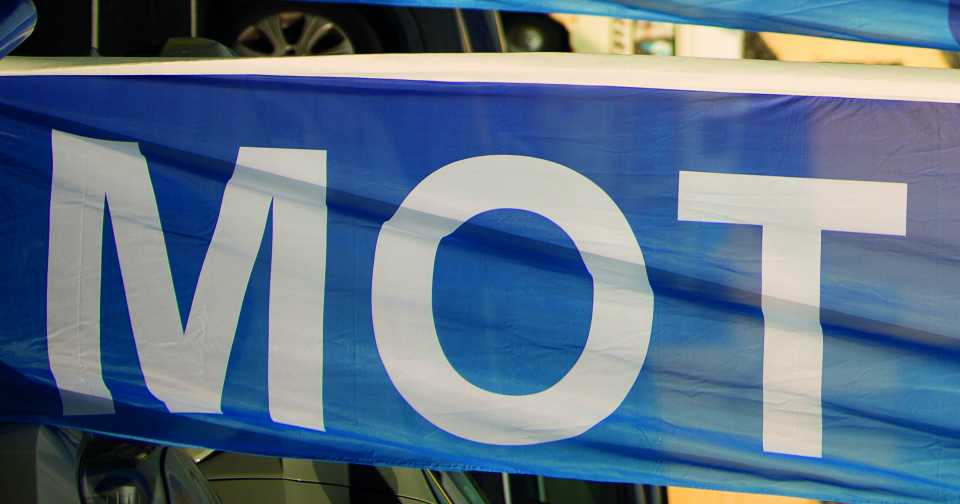Fleets must be clear on new MOT rules to avoid road law breaches

Company car, van owners and drivers must be clear on the changes to MoT test changes, which come into effect 20 May, as the new rules potentially contradict the established Road Traffic Act, according to Kwik Fit.
Under the new MoT, vehicles deemed to have a ‘minor’ defect will still pass the MoT. However, under the Road Traffic Act 1988 vehicles must be kept in a roadworthy condition with drivers failing to comply facing a maximum £2,500 fine and three penalty points on their driving licence.
Furthermore, existing fleet policies of owner/operator fleets, contract hire and leasing companies and fleet management companies may contradict what is deemed to be a ‘dangerous’, ‘major’ or ‘minor’ defect under the new MoT rules, according to Dan Joyce, service, maintenance and repair (SMR) business manager for Kwik Fit Fleet.
Joyce said: “We have an obligation to adhere to MoT rules, but we also have an obligation if a known defect is identified during an MoT test to report that to the vehicle owner and adhere to the fleet policy. Communication is critical to comply with both the MoT and Road Traffic Act rules as well as individual fleet policies.
“We will make vehicle owners and maintenance decision makers aware of defects whether ‘dangerous’, ‘major’ or ‘minor’ and empower them to make the decision on authorisation of any repairs. It is worth noting that all ‘dangerous’, ‘major’ and ‘minor’ faults along with any MoT tester additional advisories will be published immediately following the completion of the MoT test on the Driver and Vehicle Standards Agency (DVSA) site - https://www.gov.uk/check-mot-status
“It is then up to vehicle owners and maintenance decision makers whether the vehicle is allowed to continue to be driven or a repair is undertaken. If a vehicle is driven on the road with a known defect, drivers could be subject to road traffic offences.
“If a vehicle is presented for its MoT early, the Road Traffic Act would be enforced if there is a noted defect. If the vehicle is driven on the road and is stopped by the police, or is involved in a crash, then the law will intervene.”
The new MoT comes into effect on May 20 with, instead of vehicles being given a ‘pass’ or ‘fail’, defects found will be categorised as ‘dangerous’, ‘major’ or ‘minor’ with the first two resulting in a test failure. Additionally, there are stricter rules for diesel car emissions and additional items included within the test.
Joyce concluded: “Communication between the MoT test centre and the vehicle owner/fleet maintenance decision-maker is essential because there is scope for fleet operator confusion with the introduction of the new MoT regime and the defect categories and contradiction with the Road Traffic Act.”



